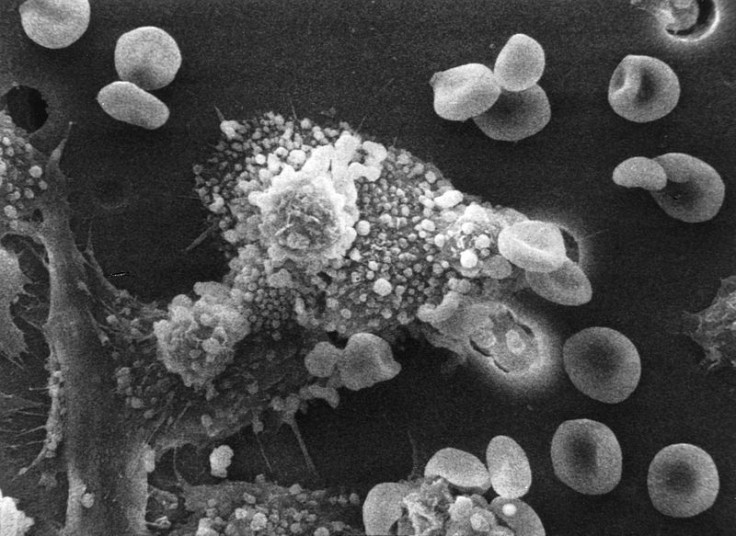Most Cancers Caused Mainly By 'Bad Luck' Mutations: Johns Hopkins Study

Two-thirds of a wide range of cancer types are largely rooted in bad genetic luck and not simply the results of traits passed down from parents or risk factors like smoking or diet, according to a new study. Random mutations in DNA are largely responsible for the majority of cancers in humans, according to researchers at Johns Hopkins University in Baltimore.
But such risky behaviors and circumstances can still contribute to a higher chance of cancer, the researchers warned in the study, the results of which are published in this week's edition of the journal Science.
“These results suggest that only a third of the variation in cancer risk among tissues is attributable to environmental factors or inherited predispositions,” the abstract of the report states. “The majority is due to 'bad luck,' that is, random mutations arising during DNA replication in normal, noncancerous stem cells. This is important not only for understanding the disease but also for designing strategies to limit the mortality it causes.”
The study analyzed a total of 31 different types of cancer. It determined that of those types, 22 including cancer of the pancreas, bone, testicles, brain and others are largely caused by such random DNA mutations, as the Australian Broadcasting Company explained. About 65 percent of cancer cases can be chalked up to the random mutations.
“All cancers are caused by a combination of bad luck, the environment and heredity, and we’ve created a model that may help quantify how much of these three factors contribute to cancer development,” Johns Hopkins University School of Medicine professor Bert Vogelstein said, according to the Daily Mail.
“This study shows that you can add to your risk of getting cancers by smoking or other poor lifestyle factors. However, many forms of cancer are due largely to the bad luck of acquiring a mutation in a cancer driver gene regardless of lifestyle and heredity factors. The best way to eradicate these cancers will be through early detection, when they are still curable by surgery.”
© Copyright IBTimes 2025. All rights reserved.





















